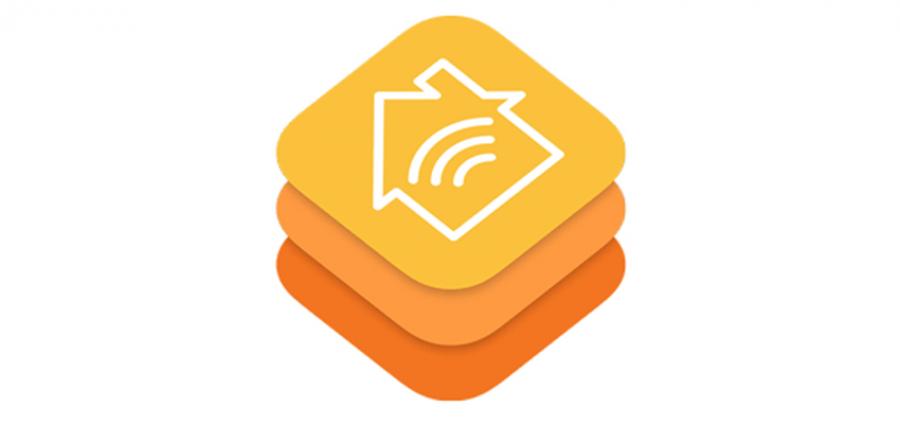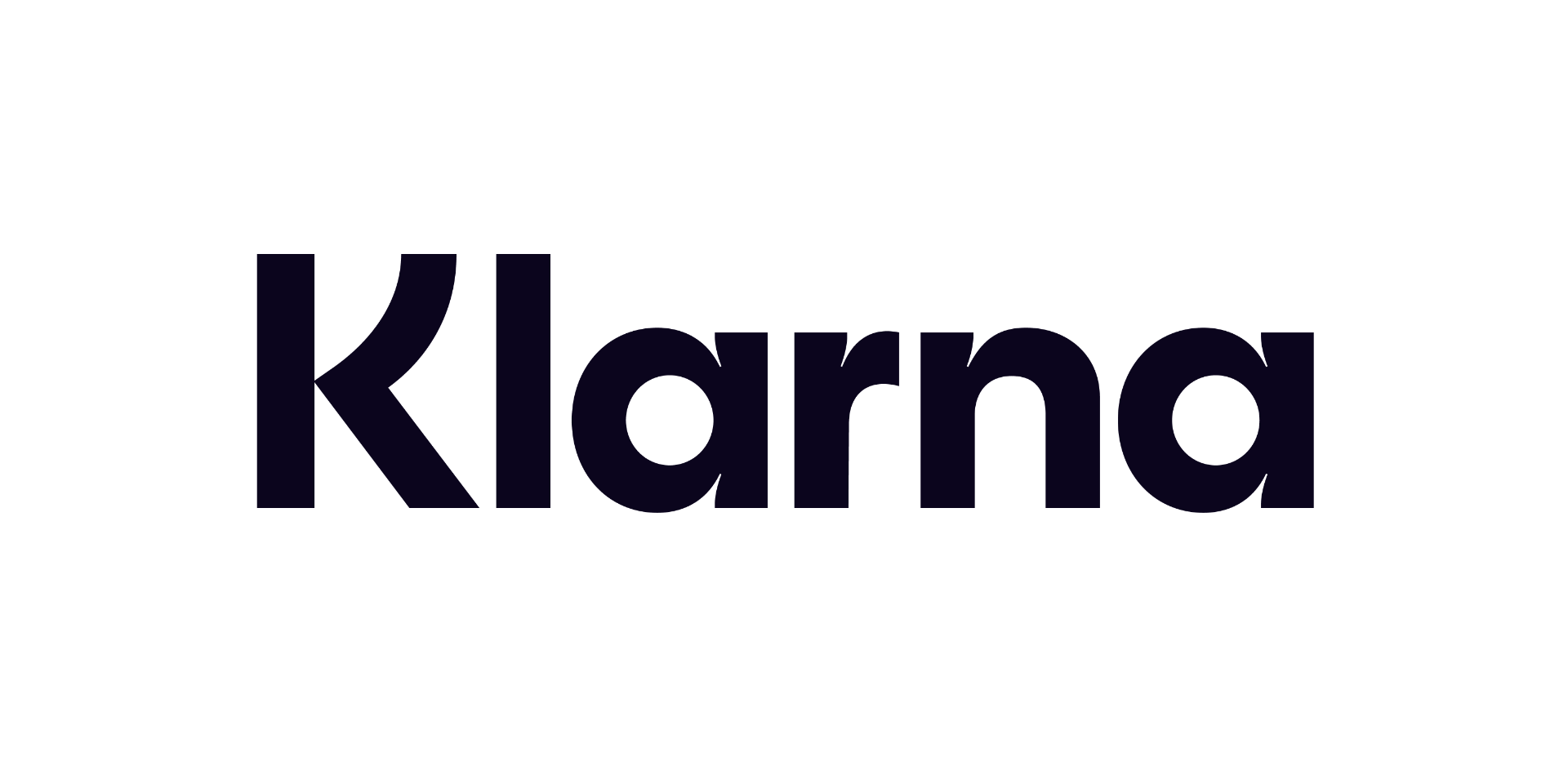
Why HomeKit faces competition from a surprising place..
HomeKit was introduced by Apple at WWDC in June, 2014.
Apple, surfing the rising wave of iOS app and ecosystem development, debuted HomeKit a few months later with the launch on of iOS 8 in September, 2014. The intervening period to mid-2016 has seen a massive rise in "smart home" tech, with iOS being a key part of the industries thinking. iOS users, and in particular, iPhone owners, spend more than other smartphone owners on apps and accessories. They use their phones more often and for a greater range of activities than other smartphone users and they trust their Apple devices to stay secure. So why hasn't HomeKit taken off to the extent predicted, and why would it be a good thing for a worthy rival to push Apple to succeed in the home automation market?
The home automation market is currently very young, and as with most immature but growing markets, growth is patchy and spread across multiple, disparate parts. No one company has yet to bring together all of the various products, from smart thermostats such as Nest, smart home lighting such as the Philips Hue range, smart switches from the likes of Belkin or Elgato, or even smart locks like those from August. That could be achieved by a single company by making a full comprehensive product range. However by creating a comprehensive range, the glue that would bring these products together is a cohesive software ecosystem, which would enable all of these products to communicate and even collaborate. Without that, the difficulty of using and integrating these products in to he average home, means the mass market appeal of these products is snuffed out very quickly.
In theory, enter Apple, a company renowned for ease of use and simple, flawless integrations (Bonjour printing and network services, anyone?). HomeKit will be the glue that brings together your smart devices and helps deliver the promise of the Jetsons-style home of the future, beloved of 50's and 60's near-future sci-fi. However, Apples headstart in the market doesn’t seem to have resulted in their usual dominance. Why?
HomeKit's API has both software and importantly, hardware requirements, much as AirPlay, Apple's unheralded wireless streaming standard, had. AirPlay devices were required to have an Apple-licenced chip installed in every compatible speaker or receiver, which provided a managed set of features for manufacturers to work within (particularly in terms of which WiFi standards could be used).
The physical silicone chip had a cost, but so did the AirPlay software which was inevitably passed on to the customer (resulting in AirPlay speakers being typically more expensive than Bluetooth or WiFi competitors). Product development was also tied to Apple and thus restricted innovation from individual manufacturers.
Whilst Airplay could be looked at as an missed shot at an open net on Apples part, there are significant reasons why, in relation to HomeKit, it's a win for customers. Particularly if a company with a different culture, manages to step up alongside Apple and provide a successful alternative infrastructure for bringing together the burgeoning smart-product ecosystem. Oddly, even audaciously, the current leading contender for the smart-device unifier, will be a company you might not have considered to even be in the race at all, until they released a fairly inconspicuous Bluetooth speaker called "Echo”. Amazon.
It's not entirely clear at this point, that everyone will be comfortable talking to various "virtual assistants" like Siri or Alexa (see the fairly dismal take-up with the Xbox One and its Kinect accessory). However, based on the rapid improvement of Alexa to parse what people are saying (as well as the incredibly interesting launch of Viv), helped by excellent microphone technology and comparatively cheap extra networked microphones and speakers to extend the reach of Alexa, it's breaking down the technical barriers that have previously stymied the success vocally controlling our electronics. That has helped propel the Echo to be a "must-have" gadget in the US, with Amazon regularly being sold out for periods of weeks.
So what does that have to do with the smart device revolution and smart homes, beyond it being cool to ask your kitchen speaker to play you an audio book, or your music at any time, without touching the device, or your phone? Oddly for Amazon, almost as notoriously closed as Apple in many ways (see the Bezos chart meme and the Kindle range), Alexa has been an open-standard almost from the outset.
Amazon have ensured, with a truly open API, that with even limited technical resources everyone from large companies like Philips, can integrate their Hue light system, enabling it for audio control, to home programmers who want their electric Tesla Model S to drive itself from the garage to their front doors (see the video below), can. There are no extra hardware chips required, no software licences to pay and no limits on their future product development. A very attractive proposition.
Providing that the success of virtual assistants like Alexa continue to give a simple, open, easy to setup and easy to use interface, which can bring together any number of smart devices (and even popular services such as Audible and Spotify) for easy integration and control, the future of smart devices and the smart home looks better off with a truly global competitor to HomeKit. Both for developers, manufacturers and for customers.
Follow us on Twitter.
Email us at info@krcs.co.uk
Call us on 0115 9851797
 12 months interest free on any Mac over £1,000.
12 months interest free on any Mac over £1,000.
No Comments yet. be the first to comment.